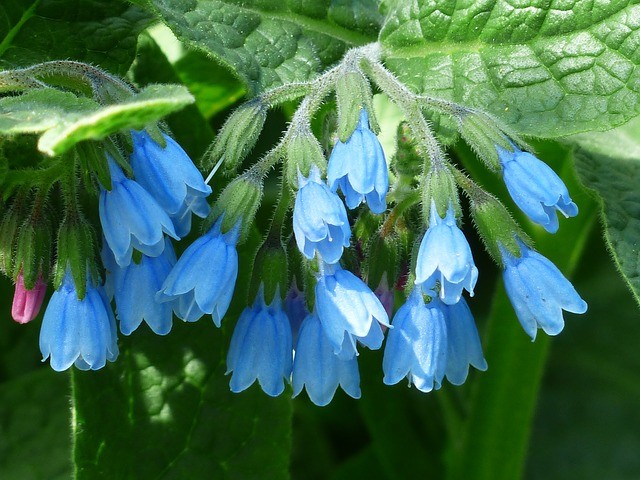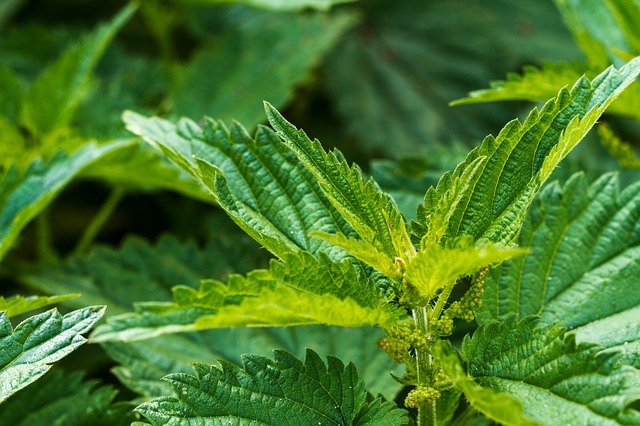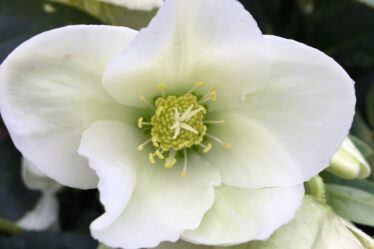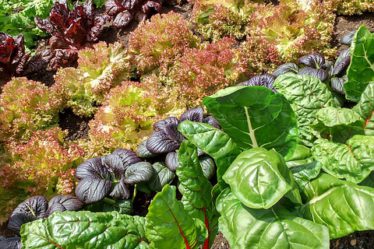
The Best Organic Fertiliser To Help Your Garden Grow.
We can make a big impact on rectifying our past mistakes by using only organic, natural products. So let’s take a look at the best organic fertiliser to help your garden grow
Now more than ever we are becoming aware of the damage that has been wrought on the environment and on our health by using harmful chemicals in our gardens in the desire to produce perfect blooms and vegetables.
In the world of gardening we are all doing our utmost to reduce synthetics, single use plastic and mass-produced garden supplies in order that our gardens, plants, in particular the food we grow for ourselves, is as organic as possible.
One of the reasons for the surge in ‘grow your own’ is that folk want to know where their food comes from, that it is organically produced and free from harmful chemicals.
In our own gardens, allotments and vegetable plots we have without doubt the best sustainable resources and space to grow the most delicious, tastiest food and long blooming healthy flowers and plants.
We can help them along by using best organic garden fertilizers.
What Are Fertilisers?
Most fertilizers that we use contain three necessary plant nutrients
Nitrogen (N) For healthy foliage
Phosphorus (P) For roots and new shoots
Potassium (K) For flowers and fruiting
Fertilisers contain concentrated sources of plant nutrients in chemical or organic form. Most contain major plant nutrients, which plants need in relatively large amounts. Some also contain trace elements, which plants only need in tiny amounts.
Fertilisers that we buy ready-made should state their formula on the packaging.
This formula is known as the NPK Ratio
For example a general balanced mix would indicate an equal ratio of 20:20:20
Rose fertilizers have more potassium in them so a ratio may look like 10:12:24
7 Easy assemble gardening raised beds kits
Organic Fertiliser
Organic fertiliser is plant or animal based. These natural products are usually slower acting because organic matter has to be broken down by soil organisms before any useful nutrients are released.
Organic fertilizers include:
Seaweed
Dried blood
bone meal
Fish blood and bone
Liquid Comfrey
Liquid Nettle
Manure

Best Organic Fertiliser To Help Your Garden Grow
Non-Organic Fertiliser
Non-organic or Inorganic fertilizers are synthetic, man-made forms of plant nutrients or naturally occurring minerals.
Inorganic fertilizers tend to be supplied in concentrated form and are faster acting than organic fertilizers.
Inorganic fertilizers include:
GrowMore
Tomorite
Miracle-Gro,
Phostrogen
Sulphate of Potash
Superphosphate
How Are Best Organic Fertilisers Used?
The type of fertiliser used determines how it should be applied to your plants for them to benefit.
Always read the instructions and amounts carefully on any bought products.
The most common applications are as follows:
Top Dressing
Fast-action fertiliser is applied, usually in spring, to the soil surface around the plants.
It stimulates new growth.
Care is needed not to get any on leaves as this can cause leaf scorch.
Adding too much may cause root damaging and pollution
Base Dressing
Mix the fertiliser into the soil or compost before you use it for sowing and planting.
Watering
Some fertilizers are supplied already mixed and ready to use or there are powders/granules that are soluble and require mixing by yourself. They are applied to the base of plants, to the roots so that the nutrients reach the plants quickly and are readily effective. Best used on pot plants, bedding and greenhouse vegetable crops.
As with top dressing avoid contact with leaves.
Foliar
As it suggests foliar fertilizers are liquid solutions and are applied directly to the foliage. The feed is quickly absorbed and therefore very effective as instant remedies and deficiency treatments.
Apply away from bright sunlight to avoid leaf scorch
Organic Gardening Natural No Dig Way

Best Organic Fertiliser To Help Your Garden Grow
How To Make Your Own Organic Fertiliser
What Can I Make Organic Fertiliser From?
Excellent liquid fertilizers can easily be made from comfrey or nettles.
If you have a wormery, the liquid from this is a fantastic fertiliser.
Comfrey is high in potassium, therefore it produces fertiliser that is useful for flowering and fruiting plants.
Grow comfrey and keep some nettles on your vegetable plot or garden and you have a constant supply of easy to make fertiliser.
In a bucket place 1kg Of comfrey leaves to 15 litres of water, seal it and leave to stew for six weeks. No need to dilute.
Nettles are nitrogen rich, collect them in spring when the growth is fresh.
1kg to 10 litres of water, leave for about 2 weeks and then dilute the liquid 10:1
Dilute wormery liquid with water 10:1
If you live on or near livestock farms or stables, they undoubtedly have a good supply of manure. If you’re happy to collect some then it makes great fertiliser, adding nutrients to soil and compost, but it does need to be well rotted for at least 2 to 3 years.
How to make compost at home for the garden
A few years in a compost bin with other organic compostable materials will produce a beautifully rich, healthy compost for use as a growing medium in gardens and containers.
Saying that I do remember my mother going to a local stables for horse manure and putting it directly on the ground around the roses. It did tend to overpower the fragrance of the flowers.
I don’t recommend you doing this as it can burn/damage plant roots as it is too rich.
Do you keep chickens/poultry? Again chicken manure is a great fertiliser and free too.
Seaweed is a fast-acting fertilizer that is often readily available for free along coastlines. It contains all the major three nutrients in small amounts as well as zinc and iron. Seaweed is considered beneficial to plants that require high levels of potassium.
Now that you have some ‘recipes’ for your own organic fertilizers you can make your own to use on your plants, vegetables and fruit. Keeping your garden, garden soil and compost healthy goes a very long way to having healthy plants.
Natural products are obviously by far the best for ourselves and our environment.
I hope that you have found this article useful, if so please share with your friends and family and on social media.
I enjoy reading your comments here so if you have any question or views or you want to let me know what fertilizers you have found most effective the pop it in the comments box below and I will reply as soon as I can.
Thank You




